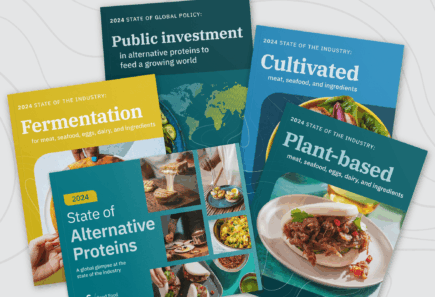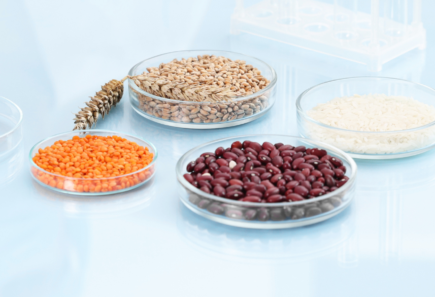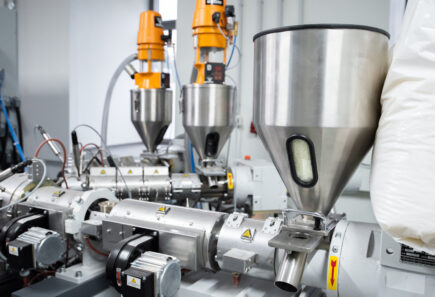
Refine Search Results
Sort By




Nitish Bhagath
As a strategic advisor to the Managing Director, Nitish steers mission-critical initiatives and ensures cross-functional alignment towards organisational effectiveness.

Ramona Mukherji
Ramona crafts compelling, research-led narratives and strengthens community to drive smart protein forward in India.





Fathima Beevi A
Fathima advances smart protein ecosystem development through stakeholder engagement, strategic resource management, and community-building initiatives.

Industry
Find market opportunities, open-access resources, and tailored guidance for producing and selling smart protein products.



Developing packaging solutions to enhance the shelf-stability of plant-based meat products
With the increase in demand for plant-based meat products, developing innovative packaging solutions that can enhance their shelf-stability is crucial.
Approaches to address off-flavour challenges associated with plant proteins
Off-flavors associated with plant proteins are a significant challenge for the plant-based smart protein sector, affecting consumer acceptance. Various intrinsic (crop-related) and extrinsic (processing-induced) factors are responsible for these undesirable flavours.






















